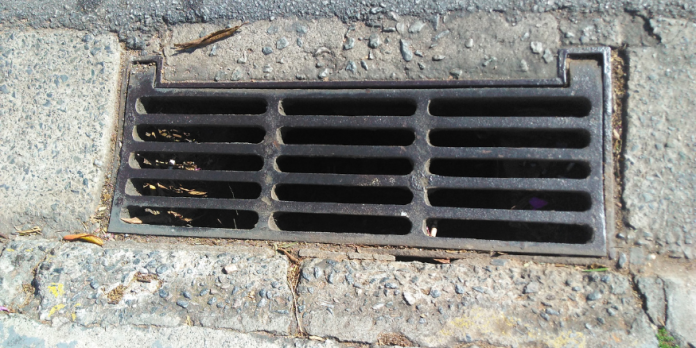Grease traps play a crucial role in the proper functioning of commercial kitchens and restaurants by capturing fats, oils, and grease (FOG) from wastewater to prevent clogging and blockages in plumbing systems. Proper maintenance and installation of grease traps are essential for the smooth operation of these establishments. Traditional grease traps are usually made of concrete or steel and have certain limitations. They are heavy and difficult to install, which can be a challenge for renovation or expansion projects. They are also prone to corrosion, leakage, and clogging, which can lead to costly repairs and maintenance.
There are several advantages to using plastic grease traps in commercial kitchens and dining establishments. These traps are more durable than those made of conventional materials, lightweight, and simple to install. Additionally, they feature smooth inner surfaces that minimize the accumulation of FOG and other debris, lowering the danger of clogs, and they are corrosion-resistant. The difficulties experienced by industrial kitchens and restaurants in keeping a clean and working plumbing system may be easily and affordably solved by plastic grease traps.
Plastic grease traps offer more benefits compared to traditional grease traps. They are more robust, resistant to corrosion, and chemical damage in addition to being more affordable. Additionally, they are simpler to carry and install thanks to their lightweight construction, which helps speed up the installation process and save labor costs. Additional customization choices, including as size and capacity, as well as extra features, such built-in strainers and automatic cleaning systems, are also available with plastic grease traps. These characteristics can increase the grease trap’s efficacy and efficiency, resulting in higher performance and longer-term maintenance savings.
Improved Efficiency
One of the key advantages of plastic grease traps in commercial kitchens and restaurants is increased efficiency. Plastic grease traps are intended for easy cleaning and maintenance, decreasing downtime and related expenses, in contrast to conventional grease traps made of materials like concrete or steel. Plastic grease traps have a smooth surface that makes them easier to clean, and they can be quickly and simply emptied, cutting down on the amount of time needed for maintenance.
Additionally, plastic grease traps survive longer than conventional materials like concrete, which eventually fracture and degrade. Grease traps made of plastic are resistant to corrosion and wear, so they can last longer and need to be replaced less frequently. As a result, there will be reduced downtime due to the grease trap being out of commission and lower maintenance expenses.
Plastic grease traps also have the benefit of being lightweight and non-insulating, which increases energy efficiency. Due to their small weight, plastic grease traps take less energy to ship and install, lowering transportation costs and having less of an impact on the environment. Additionally, since plastic grease traps lack insulation and do not absorb heat, less energy is needed to cool them down.
Why Plastic Grease Traps are a Game Changer
In addition to their ability to reduce costs and improve efficiency, plastic grease traps provide a multitude of benefits for food service enterprises. One of the most significant advantages is their adherence to the regulations and prerequisites governing the environment. In numerous regions, commercial kitchens and restaurants are mandated to install grease traps that prevent fats, oils, and grease from entering the sewage system and causing blockages and other issues. Failure to comply with these regulations can result in fines, penalties, and harm to the reputation of the business.
Plastic grease traps are usually created with the sustainability of the environment in mind, which means that they are made of recycled materials or are fully recyclable themselves. This can improve a company’s image for eco-friendly business practices, which may appeal to clients and consumers that value environmental responsibility.
Additionally, by using plastic grease traps, businesses may reduce the likelihood of possible risks like corrosion or leakage that are related to traditional metal or concrete traps. This reduces the possibility of spills or other issues that can hurt the company’s operations or harm the neighborhood. Overall, plastic grease traps are a great alternative for restaurants that want to abide by environmental laws while also improving their reputation and lowering the likelihood of dangers.
Conclusion
Plastic grease traps are a valuable asset for food service businesses. They offer numerous benefits, including compliance with environmental regulations and requirements, enhanced environmental sustainability, and reduced risk of potential hazards associated with traditional metal or concrete traps. By utilizing plastic grease traps, food service enterprises can avoid potential penalties, improve their reputation, and contribute to a cleaner and safer environment. Therefore, it is highly recommended for food service businesses to consider implementing plastic grease traps in their operations to reap the many benefits they offer.














